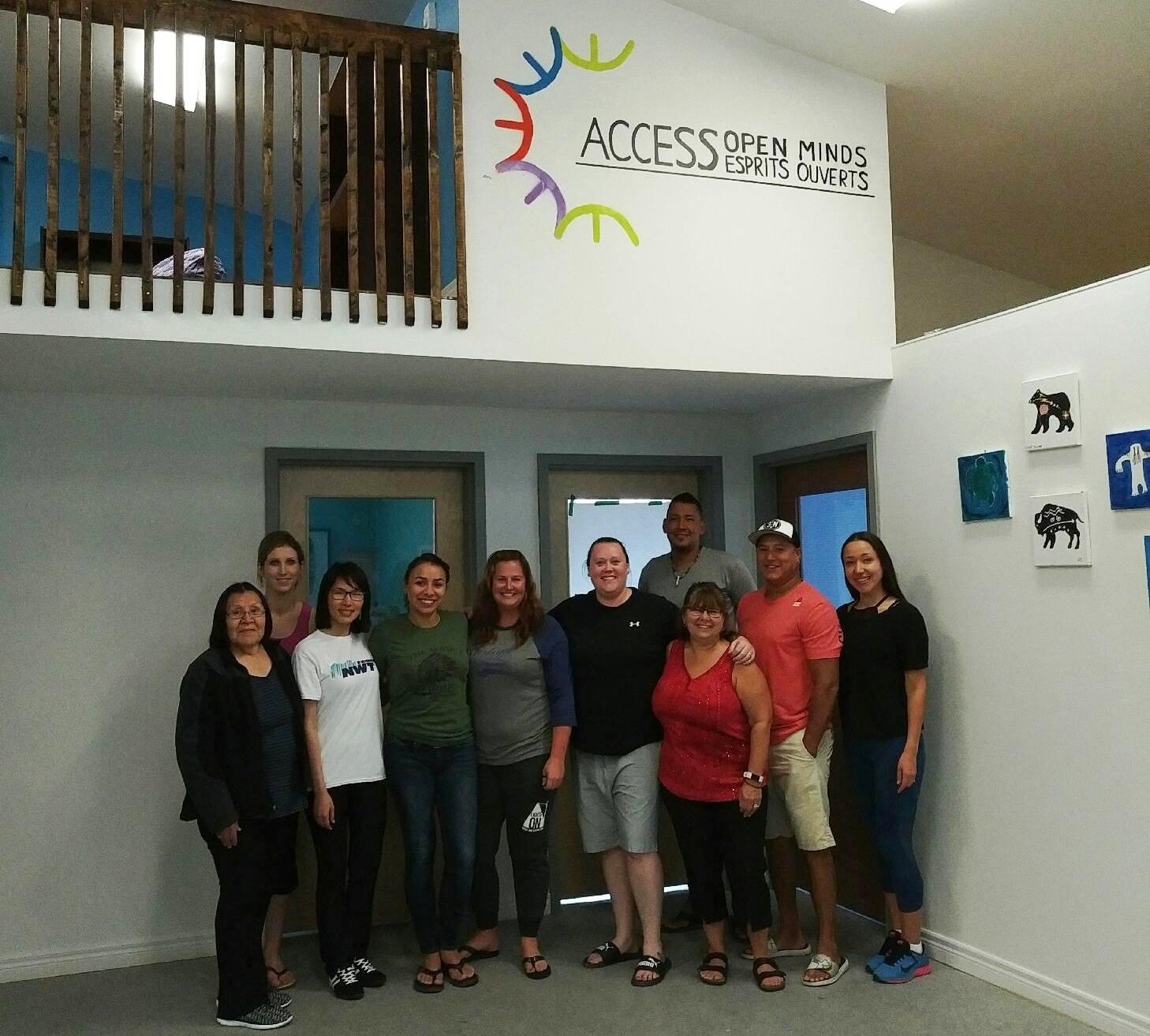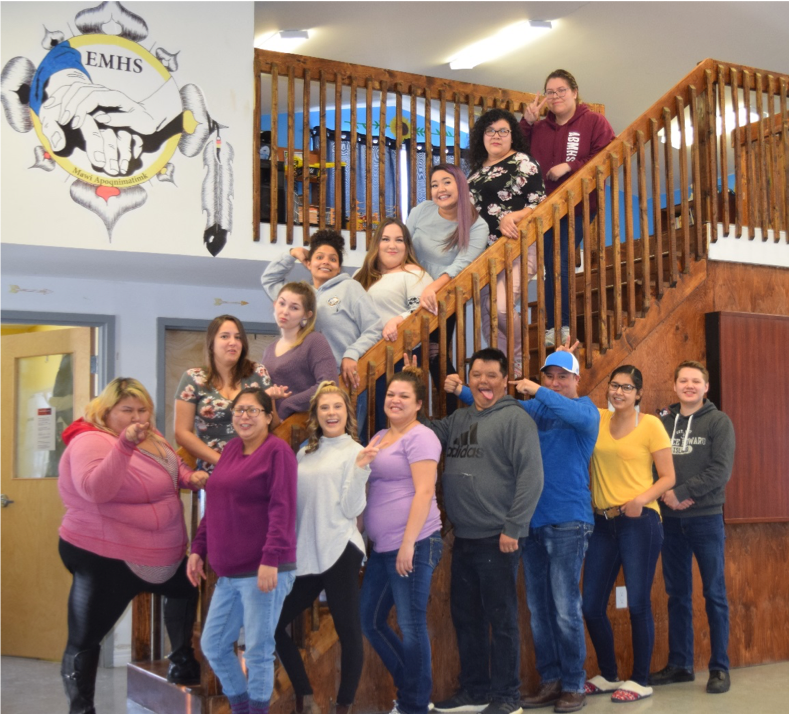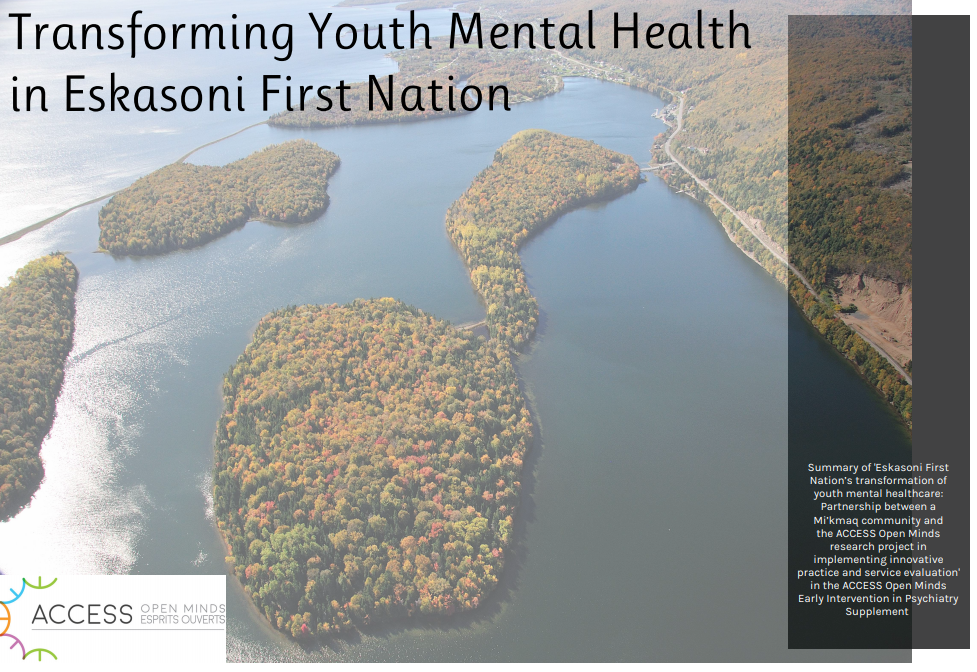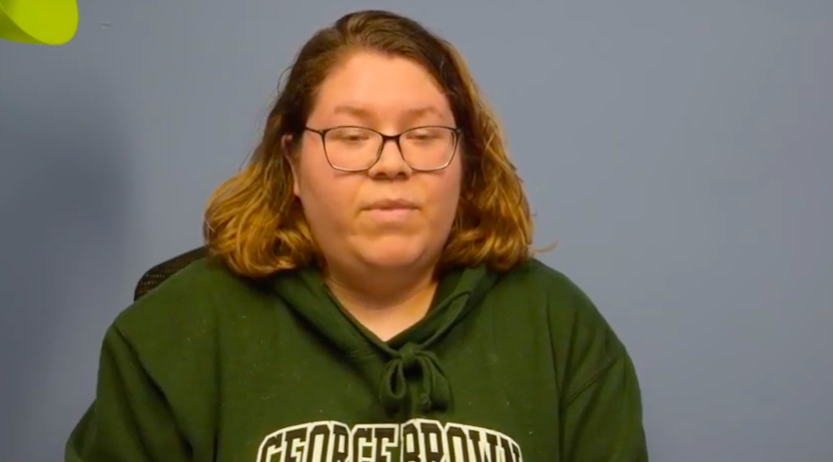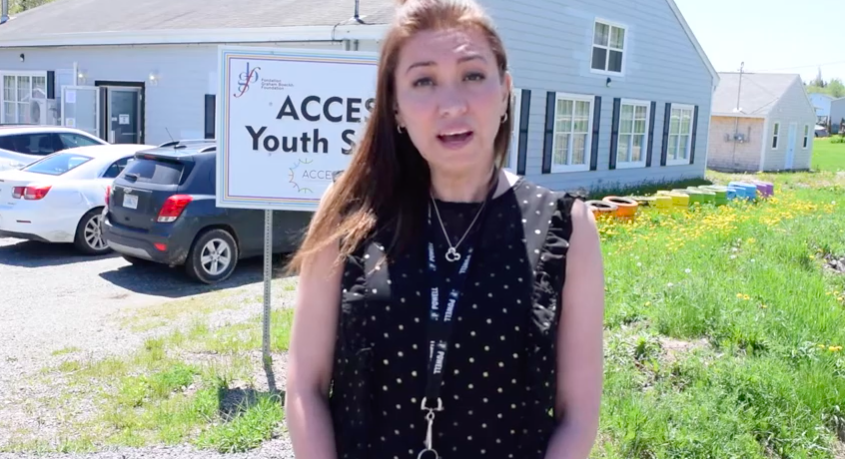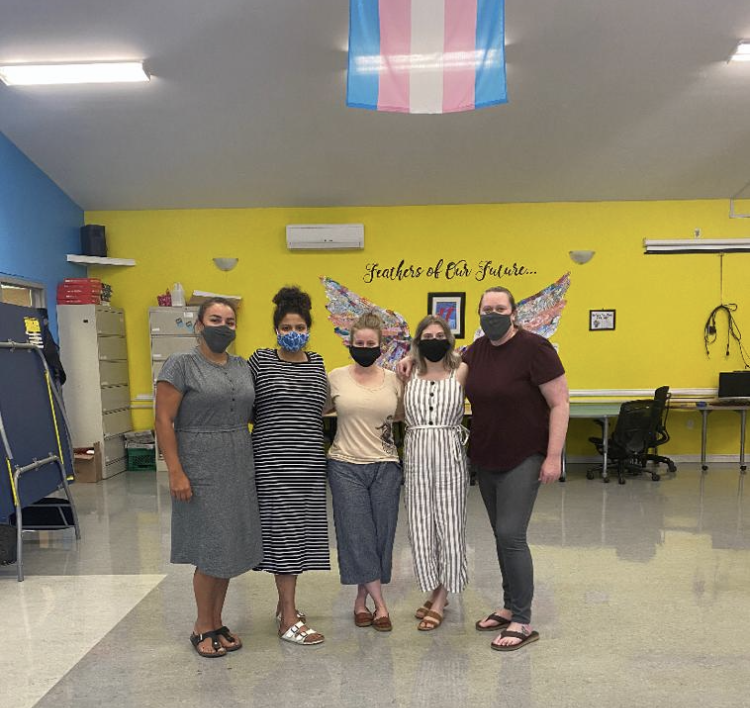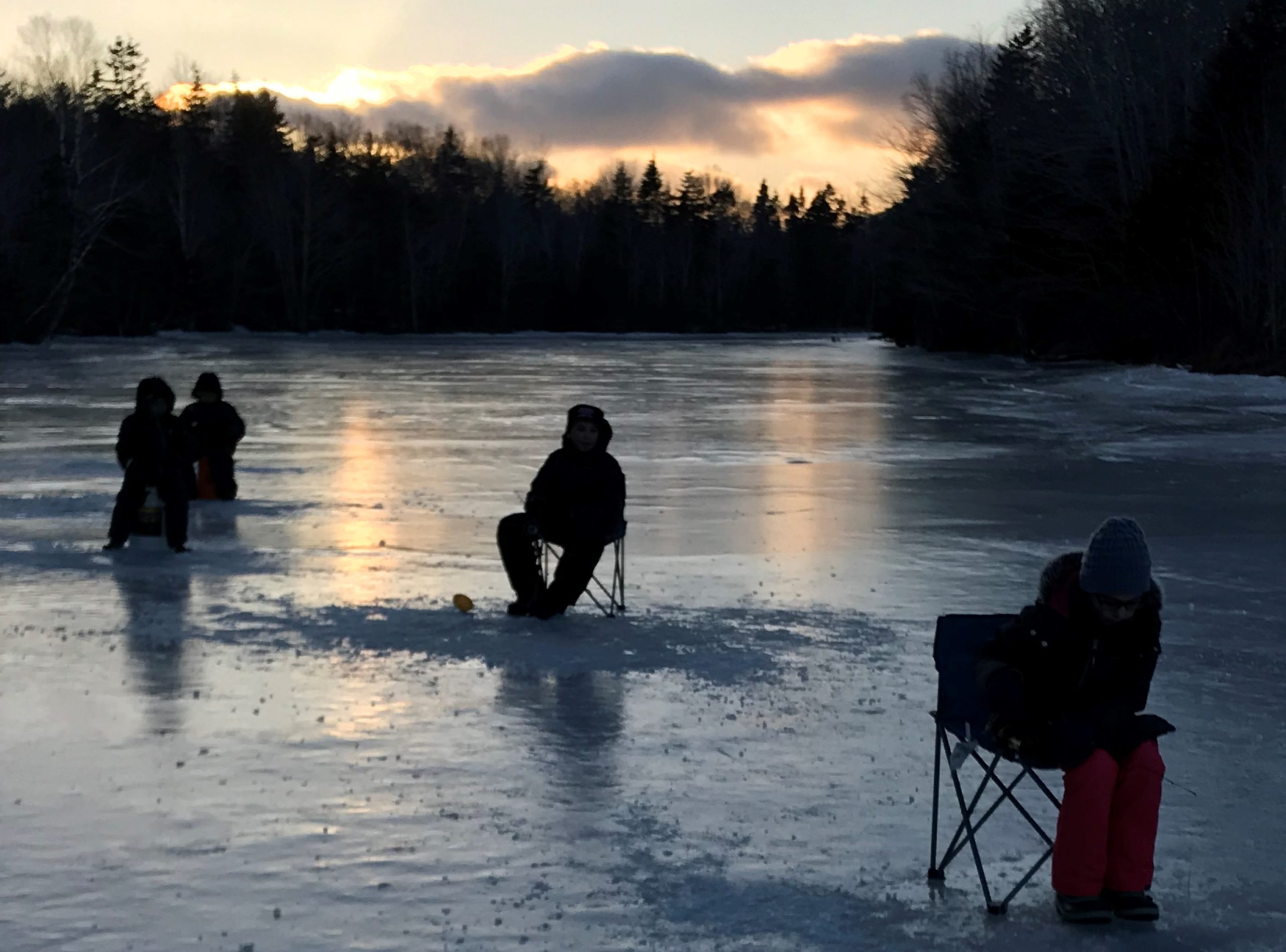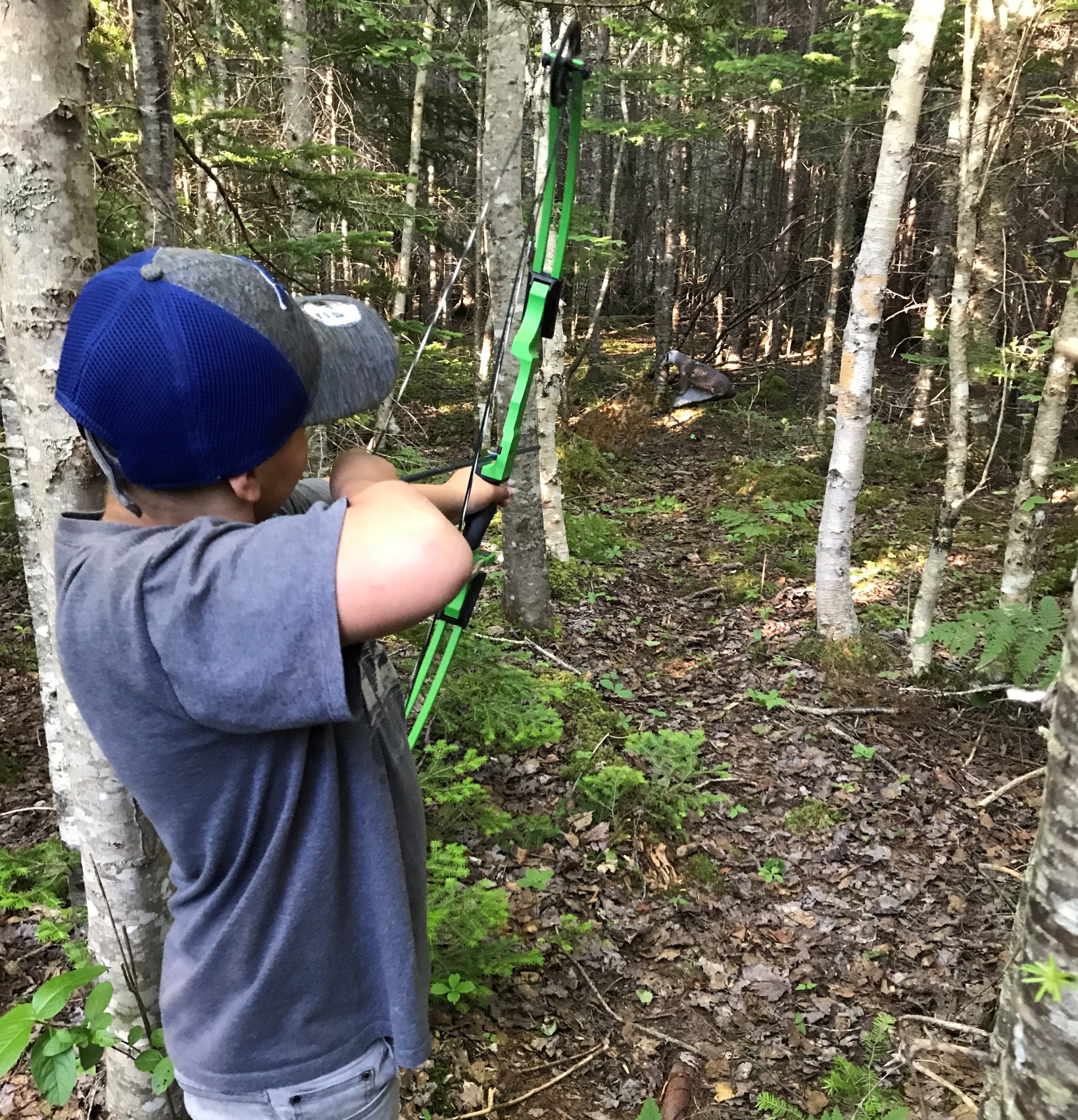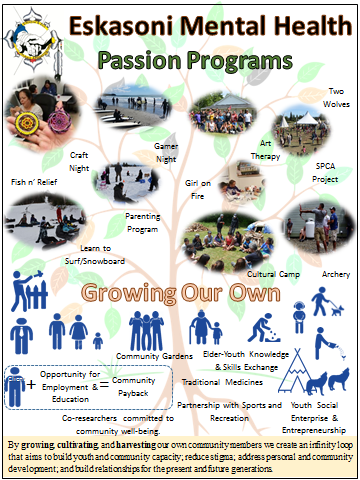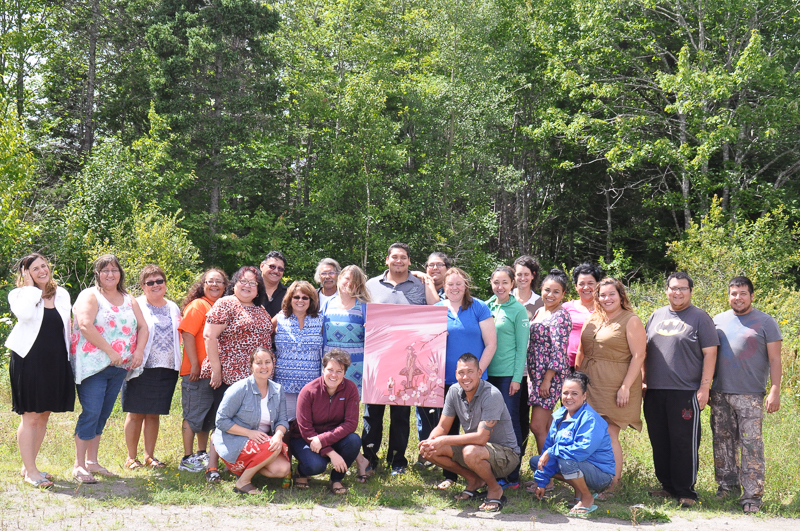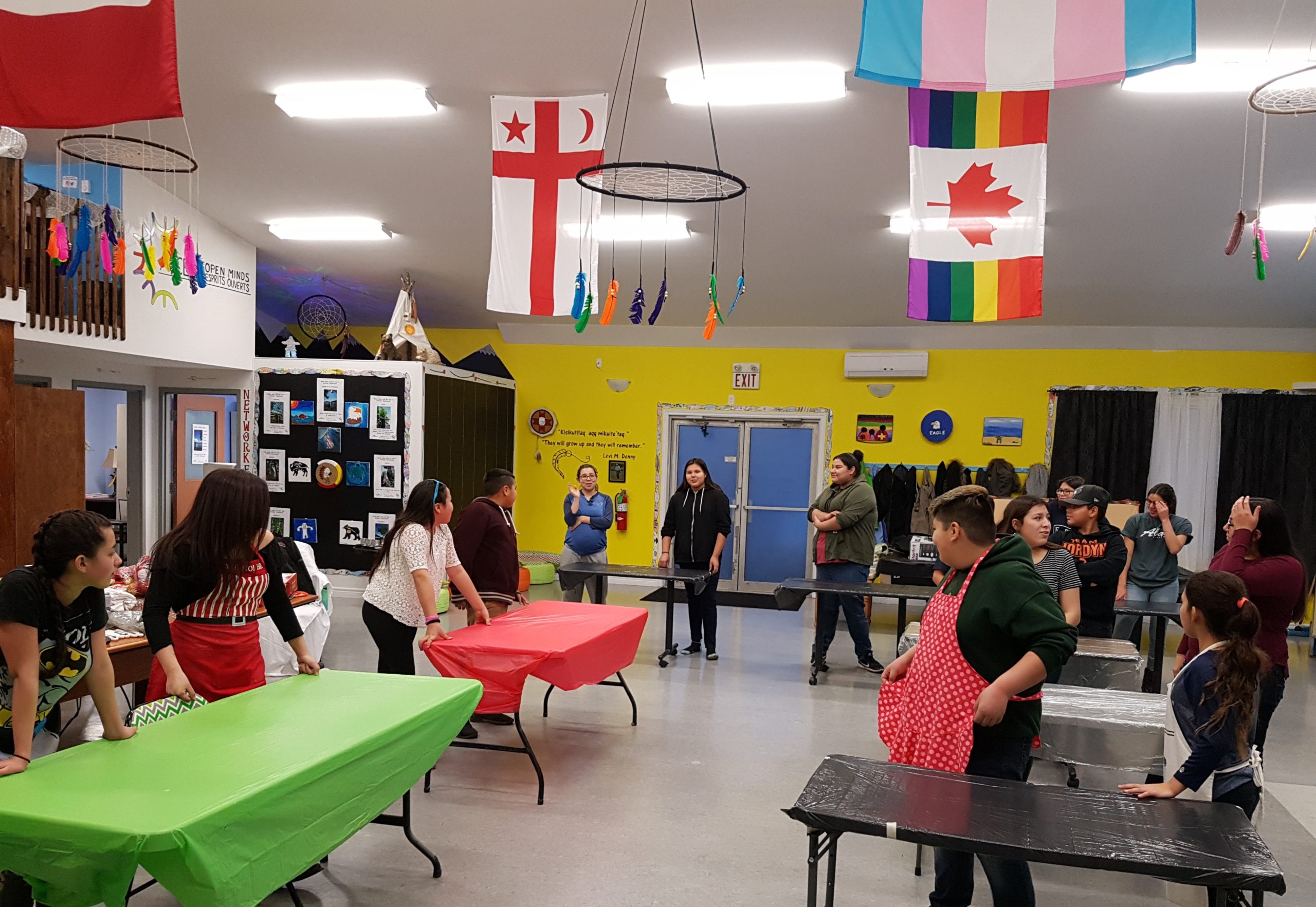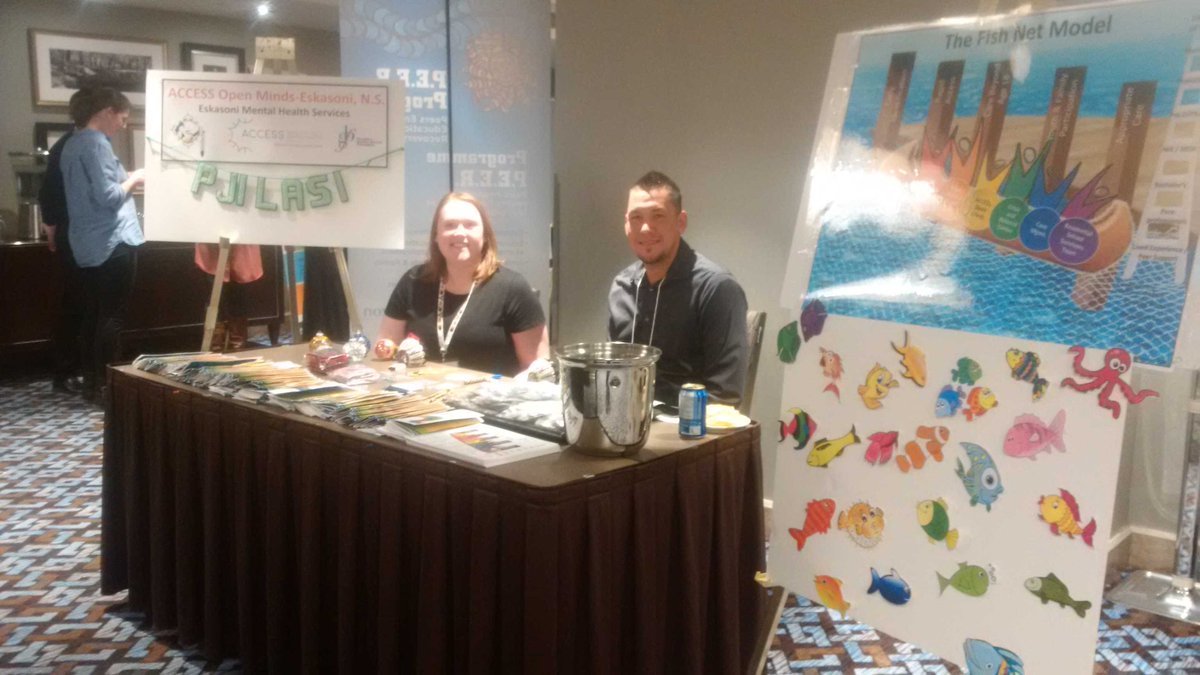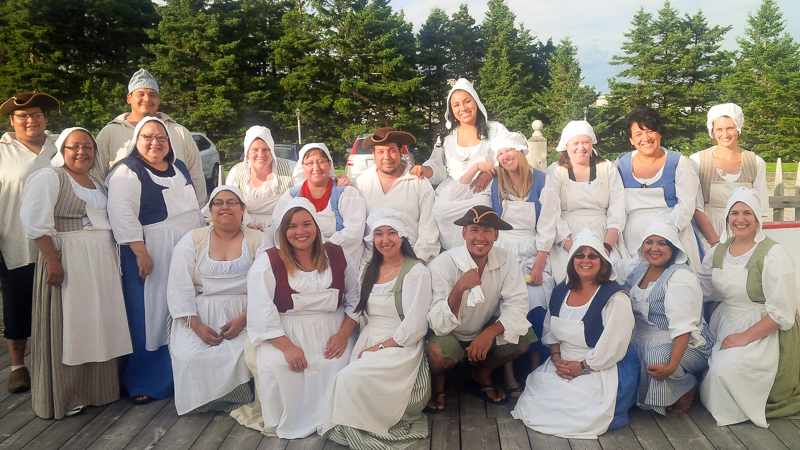Eskasoni First Nation, Nova Scotia
Our site seeks to change the way youth access services, to engage young people in ways that improve individual well-being and the well-being of the community as a whole. This will be done through collaboration with youth, families, caregivers, community organizers, and service providers to ensure seamless access to care and to reduce gaps in services across organizations. This care will be delivered in youth-friendly ways based on the principles of inclusion, respect, participation, empowerment, and hope. Learn more about Eskasoni Mental Health Services.
-
COVID-19 Updated Services
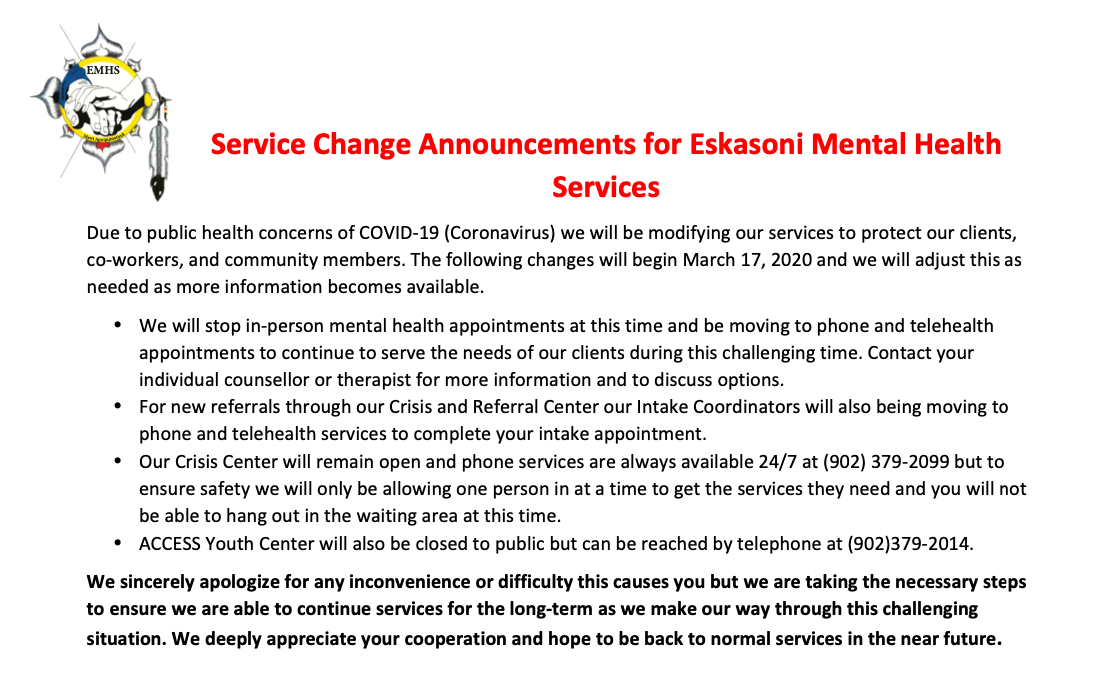
Here are some helpful COVID-19 Resources:
-
About Us
The Eskasoni First Nation is a band government of the Mi’kmaq located alongside the Bras d’Or Lake on Eastern Cape Breton Island. The rural community has a population of approximately 3,752 on-Reserve and 660 off-Reserve and on other Reserves. The community is tight-knit with a rich cultural tradition and a growing young population. Eskasoni First Nation has been selected as one of the twelve sites across Canada to implement the ACCESS Open Minds project and will be assessing the long-term benefits for this community, as well as providing valuable feedback for transforming youth mental health services across the country.
Eskasoni’s journey to mental health wellness began with an amalgamation of services into Eskasoni Mental Health Services (EMHS) in 2010 and has led to many initiatives to improve services in the community. ACCESS Open Minds will build on what has already been learned and established through our collaborative model of care and will be implemented by all EMHS staff, not just the ACCESS clinician and research assistant.
-
Our Approach
Since 1991, we have worked progressively toward implementing a model that meets the needs of community members by cobbling together a variety of funding opportunities, proposals, and grants. Eskasoni Mental Health Services consists of 6 integrated teams that operate within a Community Mental Health “Fish Net” model.
The Integrated Community Mental Wellness Model consists of six integrated teams:
- The ACCESS Open Minds team
- Community Access/Crisis/Distress/Comfort Line – 24/7 toll free/online (including Facebook, MSN, text, WhatsApp, Twitter), as well as in-person accessibility
- Case Management/Care Facilitation team
- Clinical/Therapeutic Adult Support team
- Residential School Survivor team
- Youth Resource Centre team
These six teams function within a “Ladder of Care” framework:
- Peer Support/Lived Experience
- Paraprofessionals
- BSW
- MA/MSW
- Family Physicians
- Consulting Psychiatrist
Within this model we provide, or are attempting to provide:
- Promotion, Prevention, Education and Community Development
- Early Identification and Intervention
- Crisis/Distress Response/Proactive Planning
- Coordination of care, Care planning, and Case management
- Treatment services (Western and Indigenous)
- Support and aftercare
- Language, cultural practices and teachings
Our “Womb to Tomb” community-based, community-driven Mental Health & Addictions service delivery model has been informed and guided by extensive client and community input, as well as by research partnerships. We address all mental health, mental wellness, and addictions issues. We have embedded and blended our Mental Health & Addictions model with the provision of cultural teachings, traditional practices, healthy lifestyle initiatives, sports and recreation, or the “Fish Net” Model of Care. In addition, Western therapeutic interventions and Indigenous cultural practices and teachings are blended together within the “Two-Eyed Seeing” approach, proposed by Eskasoni Elders Albert and Murdena Marshall.
-
Our Team
-
Learn more
To learn more about Eskasoni Mental Health Services, please peruse some of the following materials:
- ACCESS Open Minds, the first Pan-Canadian SPOR, focused on transforming youth mental health services in Canada. The Nominated Principal investigator is Dr. Ashok Malla (McGill University)
- Pathways to Resilience, headed by Dr. Michael Unger and Dr. Linda Liebenberg
- Spaces and Places, a collaboration led by Dr. Linda Liebenberg between Eskasoni Mental Health Services, Nunatsiavut Government, and NunatuKavut Community Council
- Frayme, a global network that is gathering knowledge, connecting people, and supporting practice and policy change to transform youth mental health and substance use care systems
- Networks for Change and Well-being: Girl-led ‘From the Ground Up’ Policy-making to address sexual violence in Canada and South Africa, an international collaboration lead by Prof. Claudia Mitchell and Prof. Relebohile Moletsane (McGill University and the University of KwaZulu-Natal)
- Break the Silence, Be the Change: a community-based project aimed at changing community dialogue and awareness around sexual violence, an Eskasoni-specific project conducted in collaboration with Dr. Linda Liebenberg
- PRISM Online Youth Referral, a CIHR-funded online self-referral project working in collaboration with ACCESS Open Minds sites
- Aboriginal Children’s Hurt and Healing Initiative (ACHH), a project exploring Aboriginal children’s experiences with pain and the impacts related to unresolved pain issues. A collaboration led by Dr. Margot Latimer and the IWK in Halifax
Selected articles:
Liebenberg, L., Sylliboy, A., Davis-Ward, D., & Vincent, A. (2017). Meaningful engagement of Indigenous youth in PAR: The role of community partnerships. International Journal of Qualitative Methods, 16, 1-16. DOI: 10.1177/1609406917704095
Reich, J., Liebenberg, J., Denny, M., Battiste, H., Bernard, A., Christmas, K., Dennis, R., Denny, D., Knockwood, I., Nicholas, R., & Paul. H. (2017). In this together: Relational accountability and meaningful research and dissemination with youth. International Journal of Qualitative Methods, 16, 1-12. DOI: 10.1177/1609406917717345
Liebenberg, L., & Hutt-MacLeod, D. (2017). Aboriginal community development approaches in response to neoliberal policy: The example of Eskasoni Mental Health Services. In P. Dolan & N. Frost (Eds.), The Handbook of Global Child Welfare. London: Routledge.

